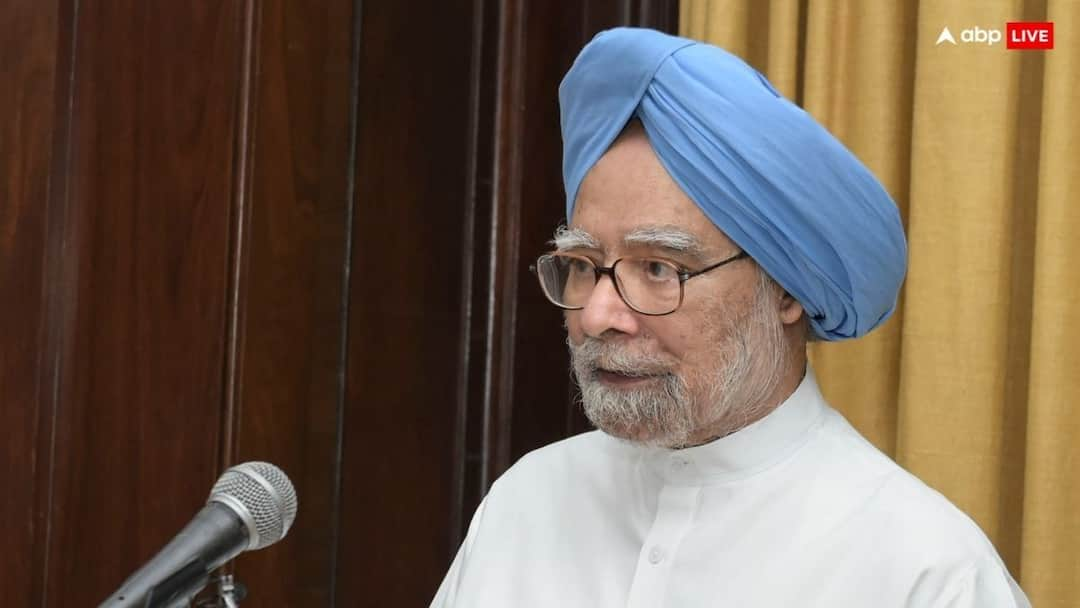There is no denying the fact that English as a language of communication enjoys a pride of place in India owing basically to the multi-lingual demographic structure of the country. It is no wonder, therefore, that English continues to be a mandatory component of the academic curriculum of educational institutions across campuses in India. It is also seen as the language of upward mobility, and opportunity.
Understandably, therefore, there is no brunch of formal knowledge, whether it be from the streams of arts, commerce, or science, that doesn’t depend on English as a medium of expression. All texts relating to higher studies are necessarily dependent on the English language.
Yet notwithstanding the immense significance of the language, users from different academic institutions continue to suffer from speaking and writing the language as fluently as they ought to have. Some of the most common errors that are committed by the learners and users of the language relate to such grammatical components as the use of prepositions, clauses, conjunctions, and subject-verb agreement.
Dr Gautam Sarma, an academician and a former professor at Cotton University in Guwahati, reflecting on the situation, said, “The basic problem associated with the use of English emanates from the inadequate teaching-learning methods of the language in the vernacular medium schools of most of the states.”
He added that as English is not taught with the kind of importance it deserves but is merely taught as any other subject in the curriculum, learners continue to suffer from the fear and accompanying deficiency of using the language appropriately.
Now, let’s look at some of the most fundamental errors often witnessed in the use of English and their correct use:
- Inadequate use of prepositions
Incorrect: What is the time in your watch?
Correct: What is the time by your watch?
Incorrect: He was angry at me
Correct: He was angry with me
2. Run-on sentences which refer to the use of two or more independent clauses combined incorrectly
Incorrect: I was too tired to walk, I had to attend the meeting anyway.
Correct: I was too tired to walk but I had to attend the meeting anyway.
Incorrect: I was enjoying the movie, I was forced to leave in the middle.
Correct: I was enjoying the movie but was forced to leave in the middle.
3. Subject-verb agreement
Incorrect: One of the boys in our class never do his homework.
Correct: One of the boys in our class never does his homework.
Incorrect: A friend of mine have invited us to his birthday party tonight.
Correct: A friend of mine has invited us to his birthday party tonight.
4. Inappropriate use of commas
Incorrect: David has left for London, for higher studies
Correct: David has left for London for higher studies
Incorrect: Man by common consent is a slave of passion.
Correct: Man, by common consent, is a slave of passion.
5. Use of ‘between’ and ‘among’
Incorrect: Among Suraj and Nikhil, Suraj is more studious.
Correct: Between Suraj and Nikhil, Suraj is more studious.
Incorrect: Amit has always been the best student between his classmates.
Correct: Amit has always been the best student among his classmates.




